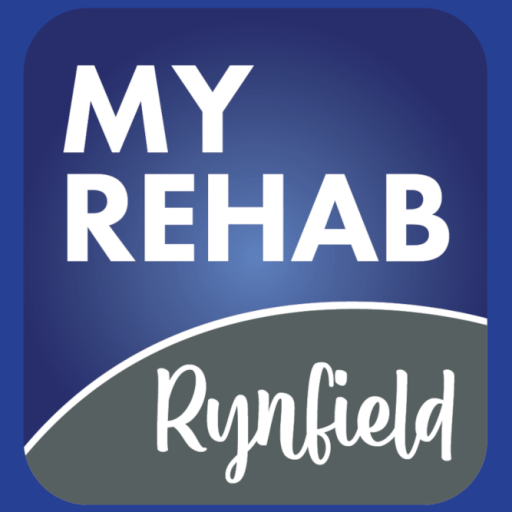In our latest discussion, we delved deep into the heart of recovery, examining key factors such as the uniqueness of recovery paths, the crucial role of understanding and overcoming triggers, and the profound impact of interpersonal dynamics. Each individual’s journey to recovery is distinct, requiring a blend of perseverance, self-awareness, and a robust support system.
Recovery: A Unique and Non-linear Path
Recovery is neither a one-size-fits-all experience nor a journey that unfolds in a straightforward line. It embodies a spectrum of emotions, experiences, and milestones unique to each individual. Emphasizing this uniqueness is essential in nurturing a recovery process that resonates with personal experiences, challenges, and triumphs. It’s important to steer clear of comparing one’s journey with others, as comparison can magnify pressure and obstruct progress.
The Power of Mindfulness in Navigating Triggers
Facing triggers, those immediate and often covert determinants of relapse, requires a strategy rooted in mindfulness and self-awareness. Techniques such as the S.T.O.P.P. acronym—Stop, Take a breath, Observe, Process, and Proceed—equip individuals with a practical approach to navigating high-emotion states and overcoming triggers. Mindfulness fosters acceptance and awareness, empowering individuals to discern between experiencing an emotion and being defined by it.
Navigating Interpersonal Relationships and Conflict
Interpersonal dynamics, especially conflict, significantly influence recovery paths. Recognizing that conflict often triggers negative emotions, and potentially relapse, is paramount. Strategies to manage these triggers include setting healthy boundaries, engaging in open communication, and seeking understanding before judgment. Embracing support from like-minded individuals and therapeutic interventions can also mitigate conflicts’ impact, steering recovery in a positive direction.
Learning from Mistakes and Embracing Self-Worth
Inspirational quotes from voices like Demi Lovato remind us of the inherent worthiness of recovery. Each individual is deserving of healing and the pursuit of a fulfilling life beyond addiction. Moreover, acknowledging mistakes as part of the human experience, not as an identity marker, allows for growth and self-compassion. Recovery beams as a beacon of hope, urging us to claim the power within to shape a brighter, healthier future.
Navigating Triggers Mindfully and Consciously
Understanding that triggers can evolve and surprise us as we re-integrate into daily life underscores the need for continuous self-reflection and adjustment. Awareness of potential new triggers—arising from seemingly mundane activities to complex interpersonal interactions—enables proactive management and reinforces recovery’s sustainability.
Final Thoughts: Owning Your Recovery Journey
As we navigate the multifaceted journey of recovery, embracing our unique experiences, practicing mindfulness, and managing relationships thoughtfully, we forge a path filled with resilience, growth, and self-discovery. Recovery, characterized by its personal significance and nonlinear progress, asks of us to remain patient, open, and compassionate towards ourselves and others.
At MyRehab, we are committed to supporting you every step of the way in your recovery journey. Armed with insight, tools, and unwavering support, we invite you to embark on this transformative path, tailored uniquely to you.
Ready to take control of your recovery journey, equipped with strategies to overcome triggers and foster positive relationships? Join us at MyRehab, where your path to recovery is illuminated with guidance, hope, and empowerment.












